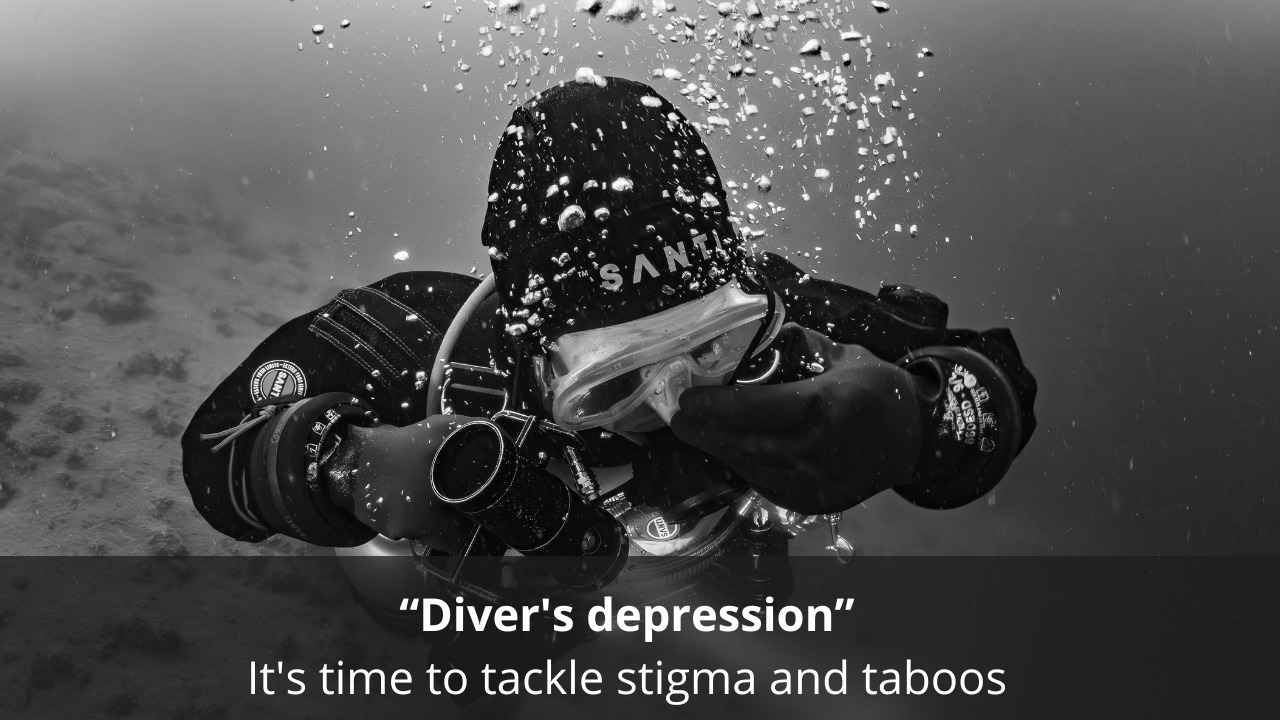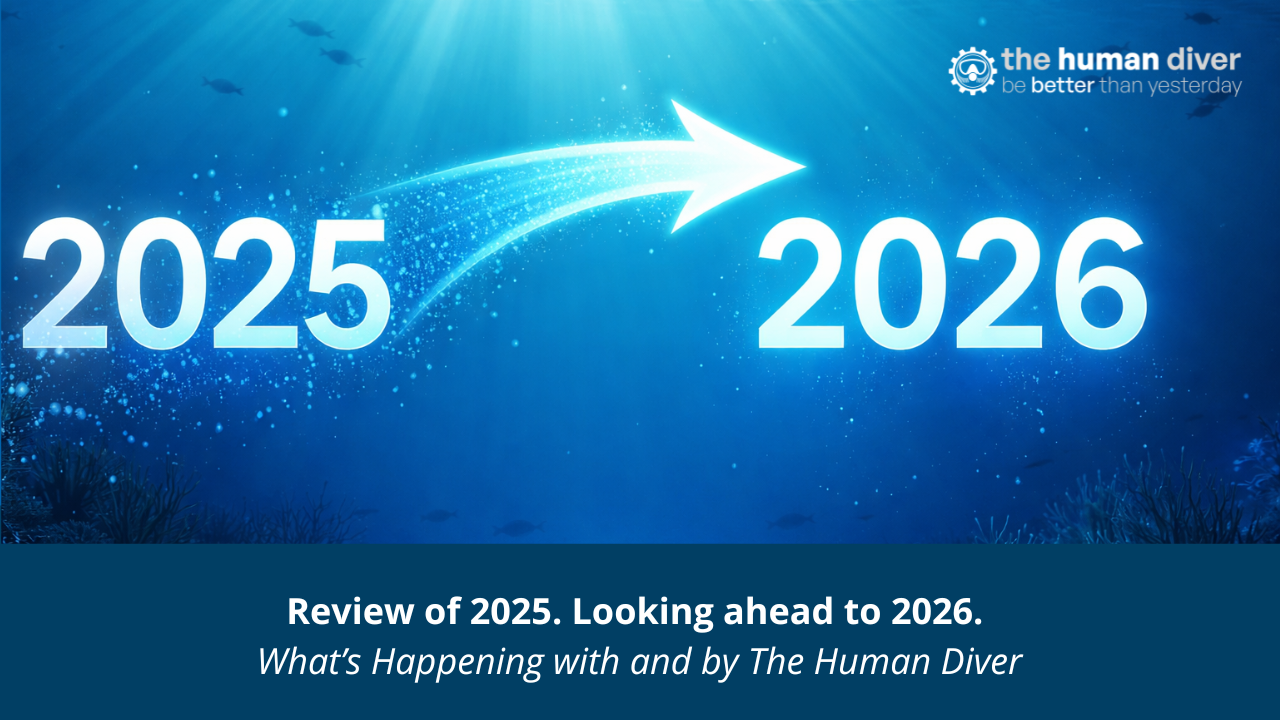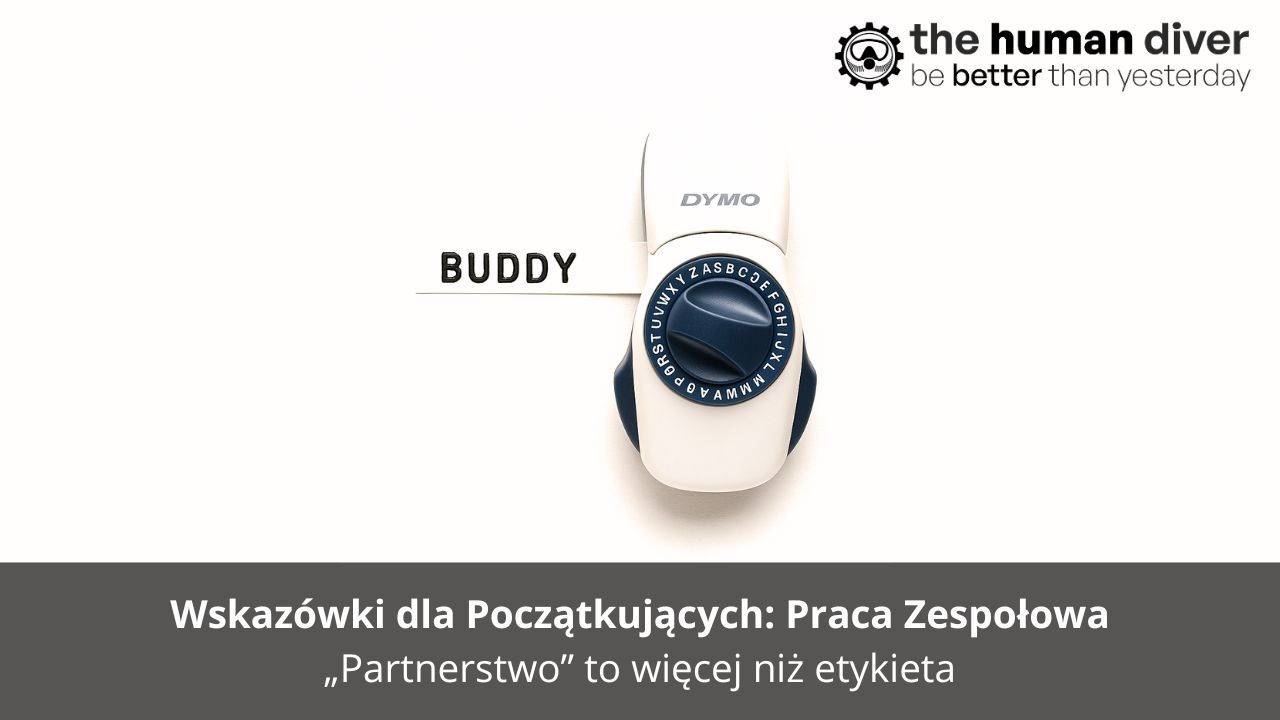
Cognitive dissonance or why we don't always follow our beliefs
Mar 20, 2024Ever been on a course you said you liked, but you actually hated? Or been on an expensive holiday you said was fun when it wasn’t? Or bought some new equipment that you told everyone was great when you had actually realised very quickly that you didn’t like?
All of these are examples of cognitive dissonance. Cognitive means your thoughts, attitudes or beliefs and dissonance is an incompatibility or conflict. When you do or say one thing but are thinking or believing something else it’s normal to feel cognitive dissonance. It often leads us to a feeling of uncertainty, which, depending on how strong it is we may need to resolve. This happens frequently when we learn new information, or information becomes prioritised or increases in magnitude. 70 years ago, few people considered smoking to be bad for you, so those who smoked did so without thought. Fast forward to modern day and most people are aware of the health risks. This means people who smoke have two conflicting thoughts; one, I like to smoke and two, it’s bad for me.
There are two ways of resolving the conflict, we can change our actions or our beliefs. In this example, changing our actions would mean stopping smoking. Changing our beliefs would involve convincing our self that smoking isn’t really that bad for us.

If the two thoughts are relatively equally balanced, it can be more difficult to solve. The more the argument becomes weighted to one way or the other, the easier it is to deal with. Let’s look at some examples:
You’ve just been on a course. It probably cost quite a lot of money and you’d been talking about it to your friends for ages, they knew you were looking forward to it. When you finally take the course you find that you don’t get on with the instructor, you don’t learn as much as you’d hoped, or you found it far more difficult than expected (and maybe didn’t pass). A few days later your friends ask how it went, you tell them it was great! In the few days that have passed, you’ve convinced yourself that it wasn’t that bad and you actually enjoyed it.
You have changed your beliefs, rather than accepting what happened at the time.
Everyone has been raving about this new BCD. You’d tried it once in a pool and loved it too, so gone and bought one. But now you’ve used it a few times in the sea and found that it really wasn’t as comfortable as you first thought. And the pockets and attachment points weren’t in the right places for you. You feel upset, even angry. Every time you use it you find yourself getting frustrated. The incompatibility between the thought of it being a great BCD and the reality of using it being uncomfortable is causing cognitive dissonance. If your beliefs are strong enough you’ll stick with it but in this case that hasn’t happened, so you decide to sell it and get another one.
Our brains are great at going through some very complex mental gymnastics to try and convince ourselves to resolve dissonance. This in part is where conspiracy theories come from; our eyes might see one thing (the earth must be flat because I can see a long way) vs the external information we’ve been told by teachers or scientists. Even when presented with enough proof in one direction or the other, it can result in something called the backfire effect (more on that next week) which actually increases a belief, rather than changing it.

One of the original studies on cognitive dissonance asked the participants to tell the next participant that the experiment they were about to complete was interesting, despite the fact it was obviously very dull. Those who were paid $1 to brief the next participant said afterwards that they had actually found the experiment interesting. Those who were paid $20 to do it admitted that they had lied to the next participant. The reasoning behind this was that the $20 group could acknowledge that they lied in order to get paid. But surely $1 isn’t enough to compromise your beliefs? Turns out- it isn’t! Same as the course example above, the $1 group had convinced themselves that the experiment was more interesting than it was, to rationalise the fact that they had told the next person a lie. They had changed their beliefs to resolve the dissonance.
The results of cognitive dissonance can lead us to feeling upset, angry, discomforted, frustrated, guilty or embarrassed. It can also lead to us trying to justify actions or behaviours that we fundamentally know are wrong. If we’ve done something contrary to what we believe, it often leaves us with negative feelings. In my case, I know that getting up and going for a run is good for me but so is sleep, right?! So if I choose to stay in bed that’s ok! The problem is I know that’s not fundamentally correct, so if I have chosen sleep over exercise I spend the rest of the day not feeling great about myself because of the dissonance. This is also why people can get angry when they are told they should stop smoking or lose weight. They often know that they are not making a good choice but can’t make themselves take action to correct it.
Ever met a diver who could do with improving their buoyancy, servicing their equipment more often or working on their situation awareness, decision making, communication or teamwork? Most people know they need to get better doing these things and yet won’t put any action in place to do that because they’ve justified the conflict by rationalising that “they’re a good diver”, or “don’t fix what isn’t broken”, or “all this human factors stuff is just common sense, and I’m a sensible person who would never make the mistakes that other people do”. Feel free to prove me wrong https://www.thehumandiver.com/hfid-level-2

Jenny is a full-time technical diving instructor and safety diver. Prior to diving, she worked in outdoor education for 10 years teaching rock climbing, white water kayaking and canoeing, sailing, skiing, caving and cycling, among other sports. Her interest in team development started with outdoor education, using it as a tool to help people learn more about communication, planning and teamwork.
Since 2009 she has lived in Dahab, Egypt teaching SCUBA diving. She is now a technical instructor trainer for TDI, advanced trimix instructor, advanced mixed gas CCR diver and helitrox CCR instructor.
Jenny has supported a number of deep dives as part of H2O divers dive team and works as a safety diver in the media industry.
If you'd like to deepen your diving experience, consider taking the online introduction course which will change your attitude towards diving because safety is your perception, visit the website.
Want to learn more about this article or have questions? Contact us.










